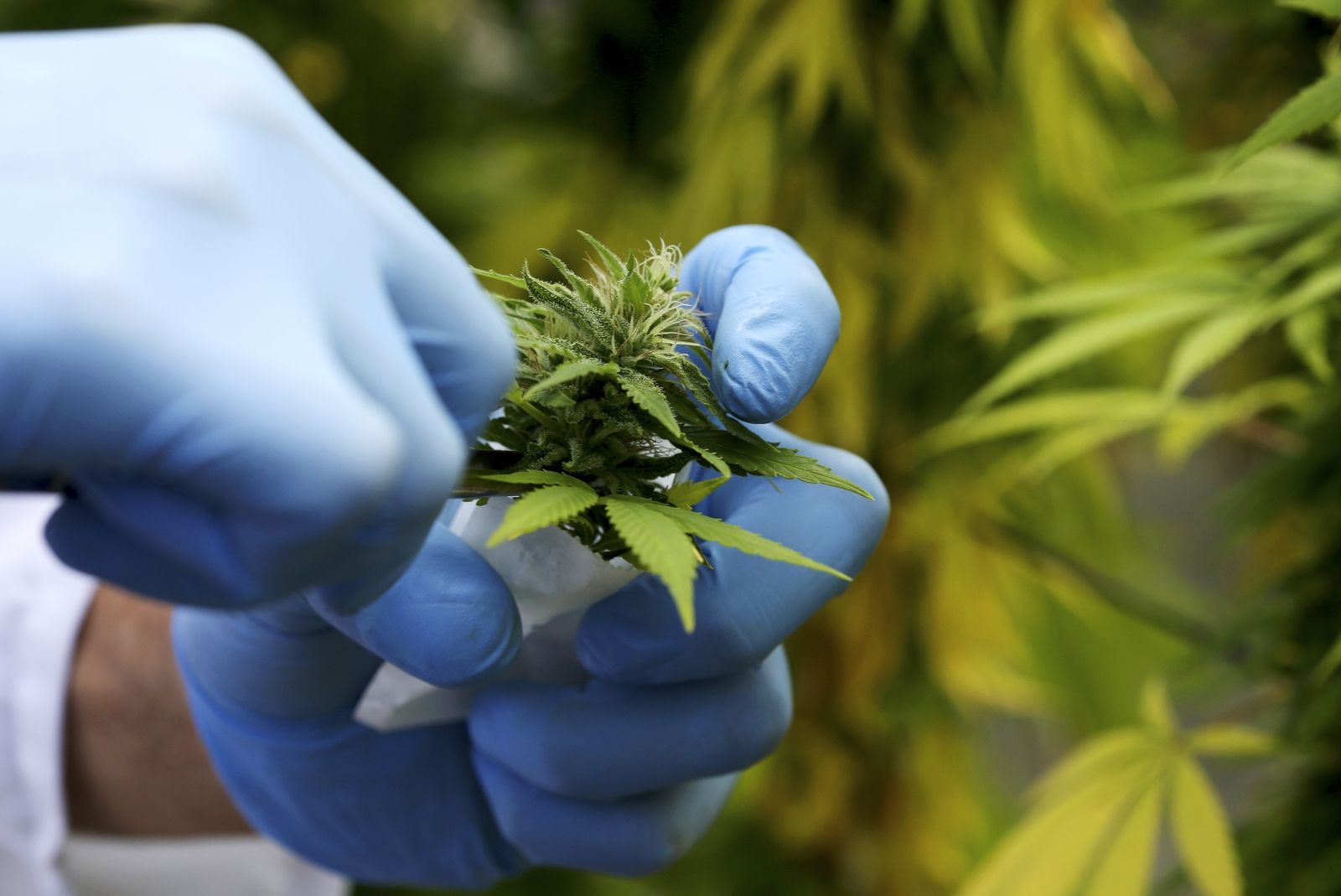
Cannabis could be used in medicinal form to speed up the healing of broken bones, according to a new study.
Researchers found that cannabidiol (CBD), one of 85 known cannibinoids in the marijuana plant, significantly sped up the healing process for fractured leg bones in rats after eight weeks. The same researchers previously found that cannibinoid receptors in human bodies, when triggered by the administration of cannabinoids, can boost bone formation and limit bone loss. The researchers believe that this means some form of cannabis could eventually be used to treat osteoporosis and other degenerative bone diseases.
"The clinical potential of cannabinoid-related compounds is simply undeniable at this point," said Dr. Yankel Gabet of Tel Aviv University, who led the more recent study, in a press release. The study, published in the Journal of Bone and Mineral Research, tested two sets of rats. One was injected with CBD — which is non-psychotropic, meaning it does not create the euphoria associated with marinjuana use. The other was treated with a combination of CBD and tetrahydrocannabinol (THC), the psychotropic element in cannabis.
The researchers found that CBD alone was enough to enhance the healing process of fractured bones.
In their previous research, Gabet and the late professor Itai Bab of Hebrew University, who co-authored the study, found that the human skeleton is regulated by cannabinoid compounds. Specifically, the CBD compound strengthens fractured bones during the healing process by promoting the maturation of collagen, which forms a key structural component in bones as well as tendons and ligaments.
"After being treated with CBD, the healed bone will be harder to break in the future," said Gabet.
Cannabis reportedly has a number of health benefits. For example, a 2014 study found that THC reduced tumour growth in an aggressive strain of brain cancer within mice with virtually no psychotropic side-effects. And in a paper published in JAMA just last week, researchers undertook a meta-analysis of 79 studies on cannabinoids for a range of health issues, from chemotherapy side effects to chronic pain and multiple sclerosis, among many others. They found that most patients using cannabinoids reported better symptom management results than patients given placebos.
Medical marijuana is currently legal in 23 U.S. states and the District of Columbia. It is largely illegal across Europe, though some countries, including the U.K, Germany, Italy and France, have approved the use of nabiximols (Sativex) — whose principal active ingredients are CBD and THC — for medicinal purposes.
Uncommon Knowledge
Newsweek is committed to challenging conventional wisdom and finding connections in the search for common ground.
Newsweek is committed to challenging conventional wisdom and finding connections in the search for common ground.
About the writer
Conor is a staff writer for Newsweek covering Africa, with a focus on Nigeria, security and conflict.
To read how Newsweek uses AI as a newsroom tool, Click here.








